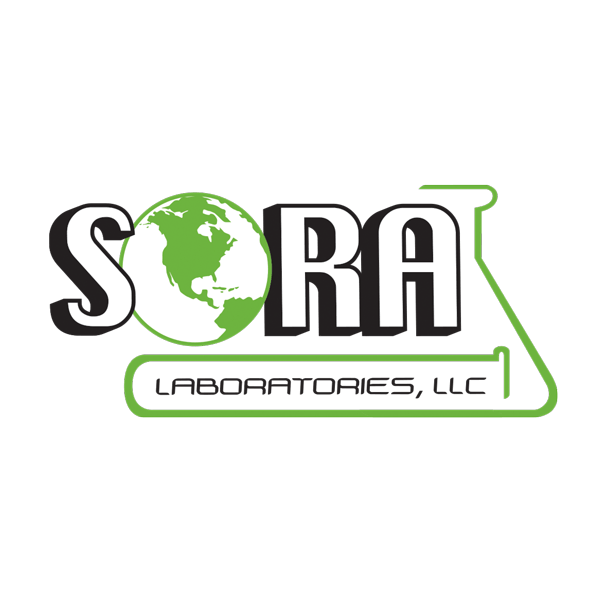For ingredient suppliers, contract manufacturers and brand owners, partnership with a testing lab is often a necessary component. Even with an in-house lab, a company may not be able to perform every test required for their products due to the extensive nature of various testing practices and methods. When complicated, cost prohibitive, or specialty methods are required, partnership with an experienced testing lab, makes perfect sense—enter specialty 3rd party testing labs like SORA Labs.
The FDA Code of Federal Regulations requires that a vendor be qualified, and just like any other vendor, labs should be questioned about the expertise of methods they run. Reviewing proficiency testing; requesting staff qualification and reviewing standard operating procedures (SOP), can provide valuable insight when evaluating a lab. Ultimately, an on-site audit is the best strategy when making a final determination of a lab’s worthiness. Another qualifier when choosing a lab is the ISO 17025:2005 accreditation from the International Organization of Standardization. This signifies that the lab has met stringent criteria and passed audits to be considered a high quality international testing lab.
A lab partnership should also include a Quality Agreement (QA), which defines responsibilities, methods, out-of-specification communication and more. As regulations are increasing, the industry continues to see more findings regarding quality control procedures. An in-place agreement will ensure the quality process has been defined for outsourced testing, and both companies understand each other’s roles and expectations. If a Quality Agreement has not yet been established, you can find our QA form here (Quality Agreement Form Request). Since ISO already requires the highest level of confidentiality, a Non-Disclosure Agreement (NDA) is less important than the Quality Agreement; however some companies choose to have both agreements in place.
Although you may not need outside testing services on a daily basis, it’s a smart idea to have a qualified and experienced lab in your corner when the need arises. Sometimes, it can take a team to get your project completed and partnering with a high-quality testing lab like SORA Labs, is a great place to start. Let us help you today!
What mistakes is your testing lab making?
Is your lab using reference standards when performing testing? We’ve found that not all labs do this—in fact, we tested against one lab recently that was not using a reference standard with their FIP Lipase method. What a mistake! Without a reference standard, how do you know if your method is working appropriately and providing accurate results for the unknown sample? You don’t! Purchasing reference standards and performing proficiency testing gives a lab credibility and is an investment in quality—which as a testing customer, you should expect.
Another big mistake is not using positive and negative controls when performing microbiology We have spoken to several labs that do not test each method using a negative control, which is compared to a positive control test. While these microbiology quality control pellets are expensive, they are highly beneficial for accurate results—it’s unfortunate that some labs do not fully understand the benefit. SORA performs a positive and a negative control test with each microbiology method daily. These test results prove that our method is working that day.
Throughout the year SORA participates in microbiology and chemistry proficiency testing studies. We perform various methods on identical samples, testing against other labs or peer groups. These results are statistically calculated to determine our proficiency with the method tested. Proficiency testing builds confidence with the lab technicians and customers and demonstrates that the method is being performed accurately. Is your testing lab doing this?
And while this is just a couple of ways a testing laboratory can invest in quality control, these steps pave the way for accurate results. There’s a reason that some labs charge unusually low prices—and it’s a good idea to ask questions before purchasing services that may not provide you with the most accurate results. Ask about reference standards, microbiology controls and proficiency Are they actually spending the time and money required to give accurate results? If not, go elsewhere! “Quality means doing it right when no one is looking”—Henry Ford.


